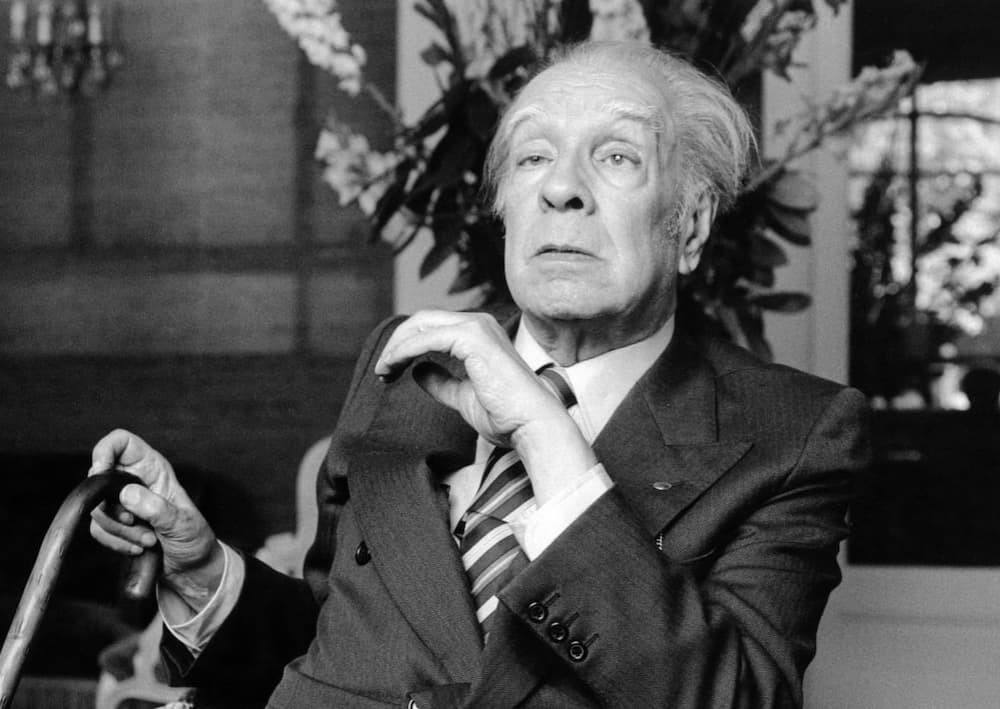Novella by J. L. Borges “South”
Jorge Luis Borges (1899–1986) is a great Argentine writer, poet, essayist, author of several collections of stories. The story “South” is the last story from the collection “Fictional Stories” (1944), which contains such masterpieces of Borges as “Tlen, Uqbar, Orbis Terzius”, “Pierre Menard, author of Don Quixote”, “Garden of Forking Paths “. The story uses autobiographical material. When in the thirties Borges lived in Paris, working as a librarian and collaborating in avant-garde magazines, he had an accident: he injured his head, blood poisoning began, he almost died, and from that moment the process of loss of sight began. This episode of 1938 was decisive in Borges’s appeal to professional writing and was partly reflected in the story “South”.
This is a very short and concise story. Its protagonist, Juan Dalman, runs the municipal library in Buenos Aires. He turns the romantic vein inherited from his German grandfather into a passion for his homeland – Argentina. The embodiment of Creole, national pride, becomes for him the estate inherited from his mother in the south of the country.
Let’s leave aside the problems that arise when reading the story literally (the romantic problem of the collision of the hero’s ideal idea of the South with reality, the problem of patriarchal consciousness in its South American version, “machismo”, the problem of nature and culture). Already their unusual staging gives the “South” interest. But from the point of view of the principles of postmodern storytelling, the multiplicity of readings inherent in the story should be brought to the fore. In relation to many postmodern works, it is impossible to unequivocally answer the question: “What is happening in this text?” Each reader is involved in a special game of unraveling the meaning of what is happening, and not even at the level of the psychological characteristics of the heroes, but, as we can clearly see from the example of “South”, already at the plot level.





